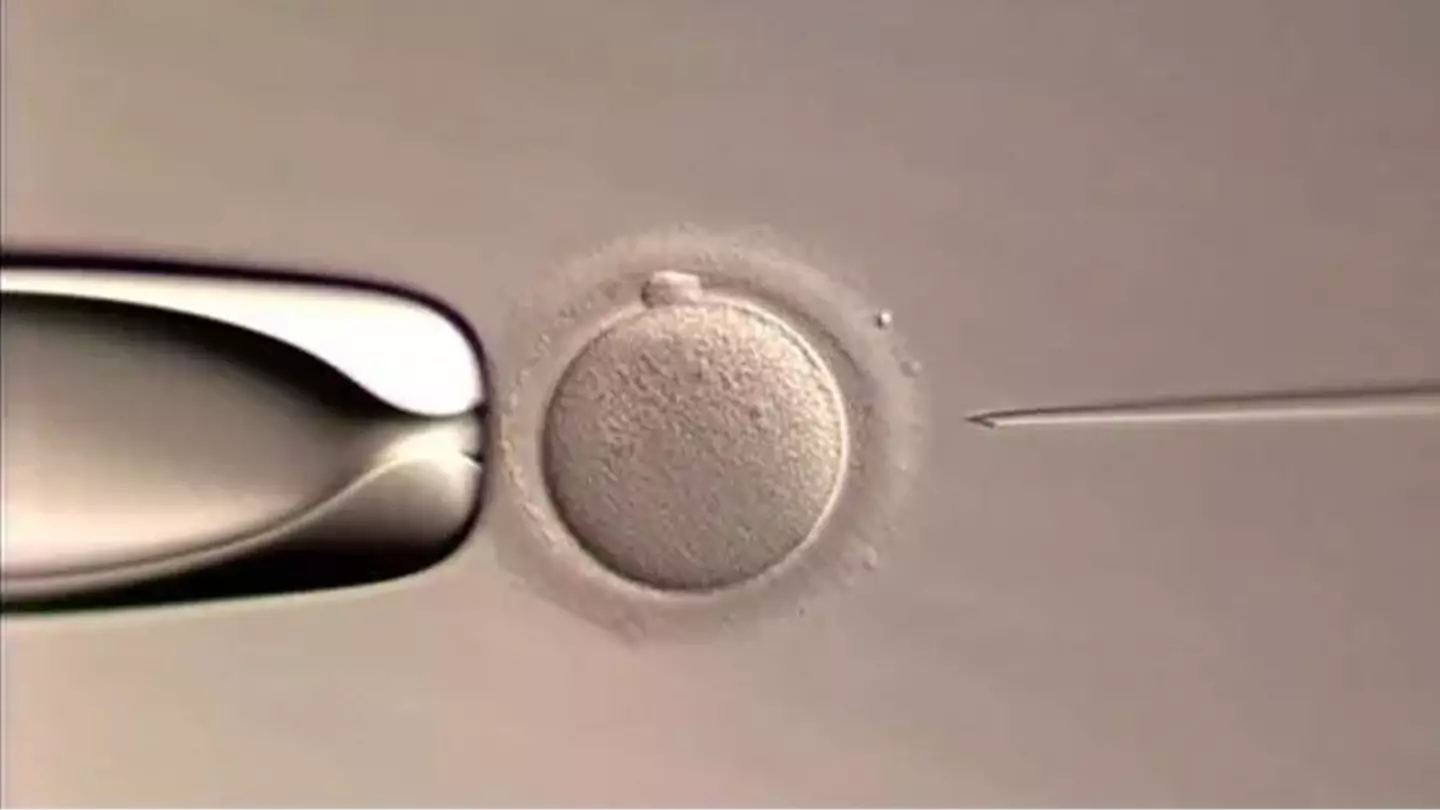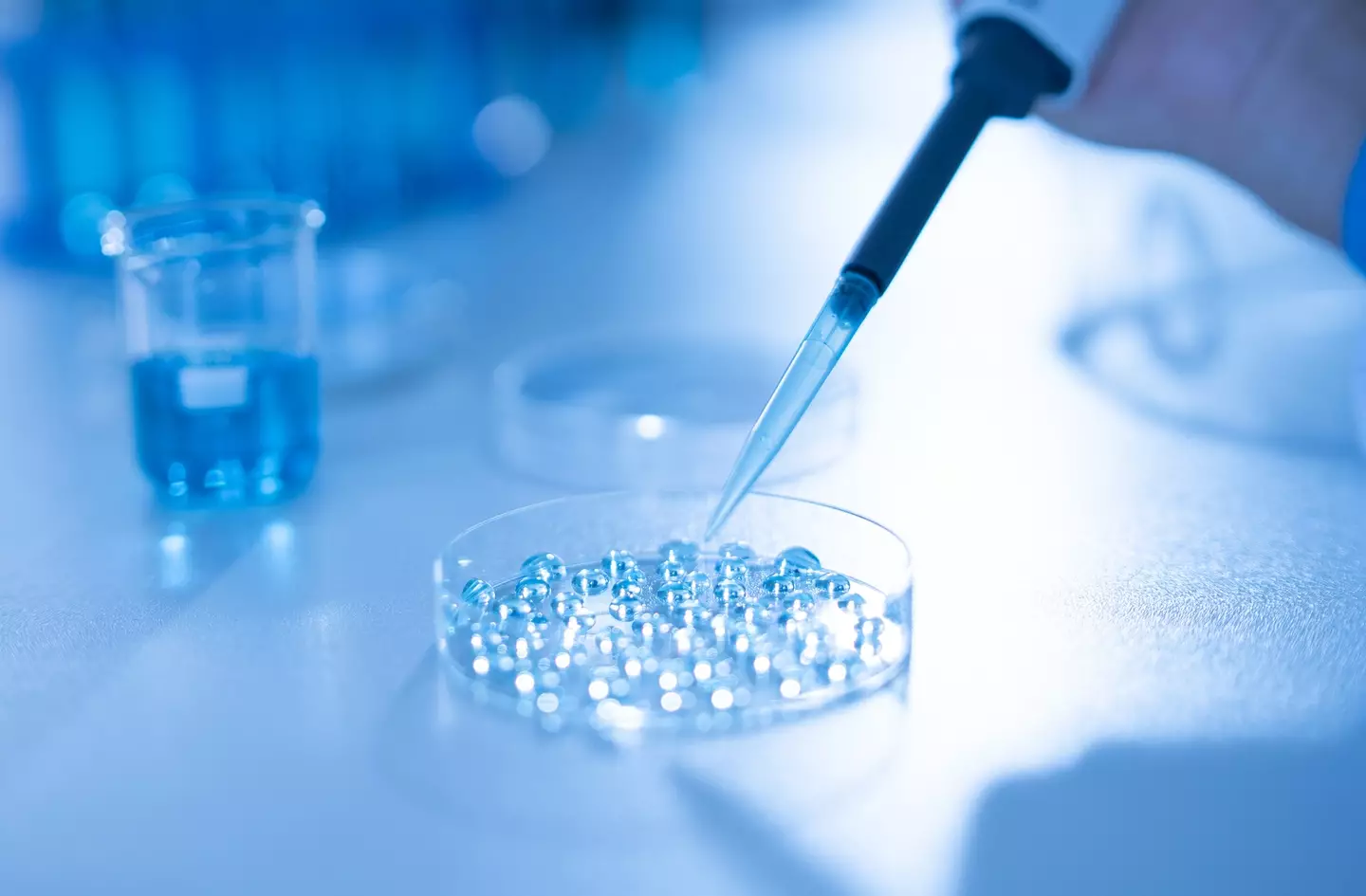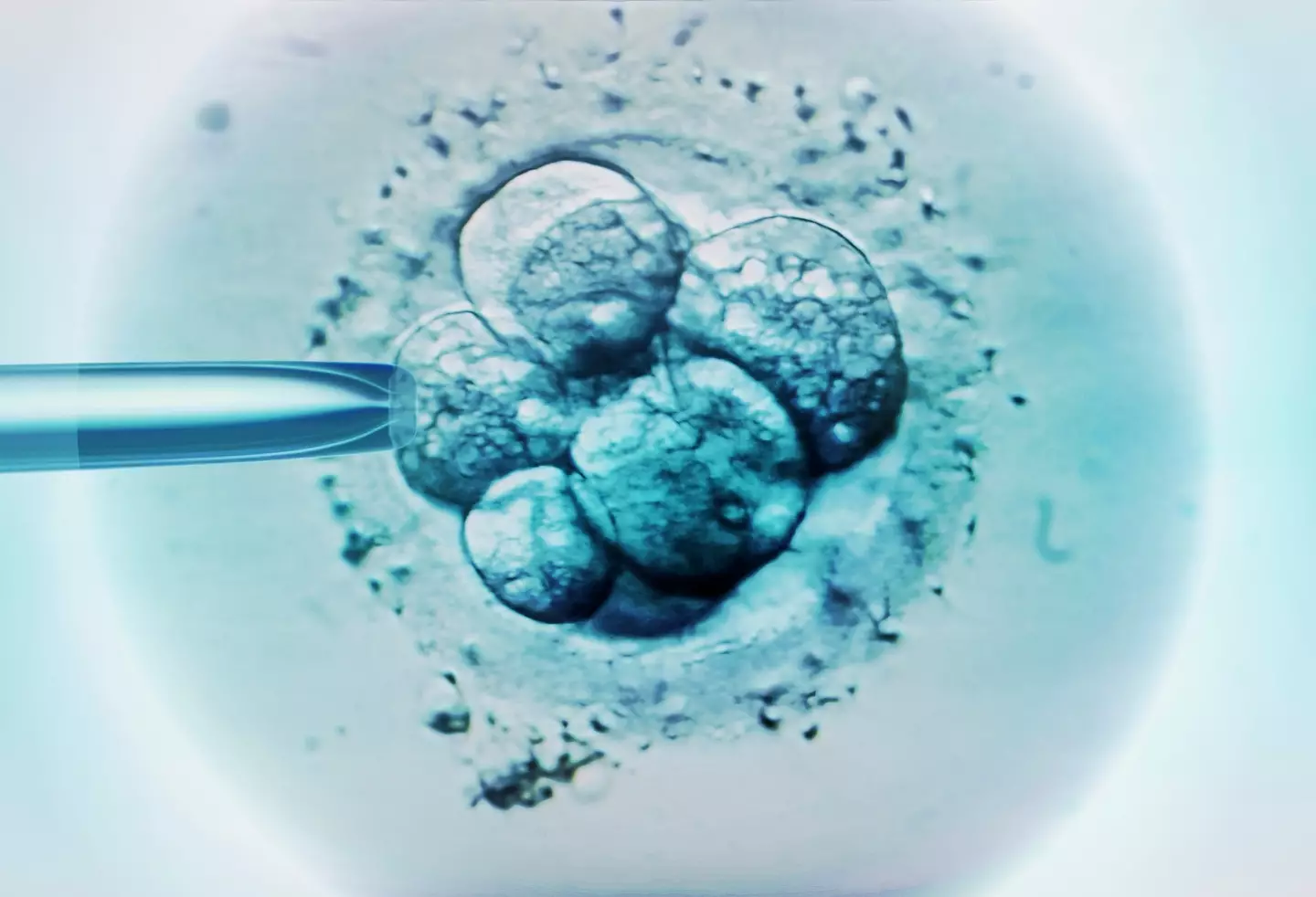
A baby has been born with the help of artificial intelligence in a world first breakthrough in IVF science.
A 40-year-old woman got to experience the miracle of giving birth through IVF - all thanks to the help of an AI-operated machine.
IVF, which stands for in vitro fertilization, is a widely practiced science that was developed in the late 20th century.
One type of IVF treatment is called intracytoplasmic sperm injection (ICSI) and involves a single sperm cell being injected into eggs in a laboratory dish, from which any embryos are inserted into a woman's uterus.
Advert
However, the process can be tricky - and come boil down to how skilled the individual ICSI embryologist is at manually injecting sperm into the eggs.

As Jacques Cohen at Conceivable Life Sciences, a biotech company in New York, said to New Scientist, staff can 'become tired and distracted,' meaning 'errors happen that can reduce [the] offs of fertilisation and births'.
The threat of human error prompted the team to develop a machine that can deliver the 23 key steps needed to perform the ICSI procedure with total accuracy.
The machine can be used either with human control at the push of a button or operated independently via AI.
One of the steps sees the machine use AI to determine the healthiest set of sperm cells for fertilisation.
The machine then makes the sperm easier to pick up by immobilising them, which involves zapping the tails off, and injecting it directly into the eggs.
The system is the only one to automate the entire process of the procedure.

Lead engineer Professor Gerardo Mendizabal-Ruiz said: "With AI, the system autonomously selects sperm and precisely immobilises its midsection with a laser ready for injection - executing this rapid, precise process with a level of accuracy beyond human capability."
Doctor Cohen also said it 'represents a transformative solution' that 'promises' precision and consistent results - and could even improve the survival rate.
Now, a woman from Guadalajara, Mexico, has put the machine to the test after a previously unsuccessful IVF attempt.
The patient reportedly had difficulty in producing eggs, which meant they used a donor, while her partner's sperm also couldn't swim efficiently.
Five eggs were then fertilised with the AI-powered machine which was powered remotely by scientists who gave it commands to perform the micro-injection steps.
The procedure took longer than a manual insertion, coming in at nine minutes and 56 seconds, which the professor said they hope to cut down 'significantly'.
Four of the five eggs reached normal fertilisation and one of the embryos was inserted into the patient's uterus, but failed to develop.
However, fortunately, the second insertion led to the successful birth of a healthy baby boy.
As for the future, the AI IVF approach is unlikely to be used around the world for the time being, as it's expensive.
However, Dr Cohen said he hopes the price will come down when the process is finely tuned.
The details have been published in the medical journal, Reproductive Biomedicine Online.
Topics: Artificial Intelligence, Health, Mexico, Robotics, Science, World News, Parenting